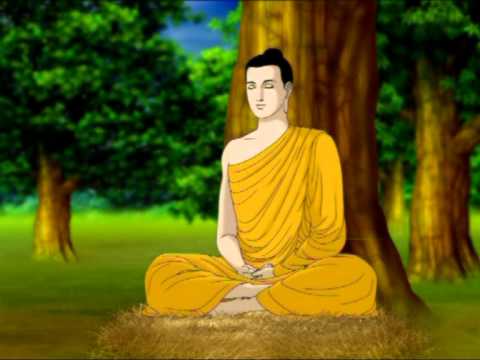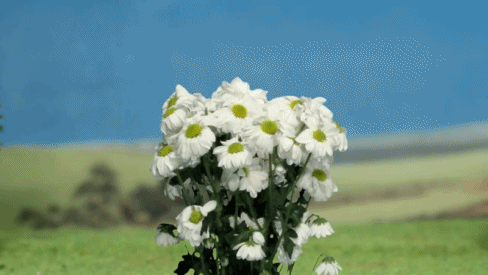
Photo credit: Randy Neufeldt
Verse 76: One should follow a man of wisdom who rebukes one for one’s faults, as one would follow a guide to some buried treasure. To one who follows such a wise man, it will be an advantage and not a disadvantage.
The Story of Thera Radha
While residing at the Jetavana monastery, the Buddha uttered Verse (76) of this book, with reference to Thera Radha, who was at one time a poor old Brahmin.
Radha was a poor brahmin who stayed in the monastery doing small services for the bhikkhus. For his services he was provided with food and clothing and other needs, but was not encouraged to join the Order, although he had a strong desire to become a bhikkhu.
One day, early in the morning, when the Buddha surveyed the world with his supernormal power, he saw the poor old brahmin in his vision and knew that he was due for arahatship. So the Buddha went to the old man, and learned from him that the bhikkhus of the monastery did not want him to join the Order. The Buddha therefore called all the bhikkhus to him and asked them, “Is there any bhikkhu here who recollects any good turn done to him by this old man?” To this question, the Venerable Sariputta replied, “Venerable Sir, I do recollect an instance when this old man offered me a spoonful of rice.” “If that be so,” the Buddha said, “shouldn’t you help your benefactor get liberated from the ills of life?” Then the Venerable Sariputta agreed to make the old man a bhikkhu and he was duly admitted to the Order. The Venerable Sariputta guided the old bhikkhu and the old bhikkhu strictly followed his guidance. Within a few days, the old bhikkhu attained arahatship.
When the Buddha next came to see the bhikkhus, they reported to him how strictly the old bhikkhu followed the guidance of the Venerable Sariputta. To them, the Buddha replied that a bhikkhu should be amenable to guidance like Radha, and should not resent when rebuked for any fault or failing.
Then the Buddha spoke in verse as follows:
Verse 76: One should follow a man of wisdom who rebukes one for one’s faults, as one would follow a guide to some buried treasure. To one who follows such a wise man, it will be an advantage and not a disadvantage.
Dhammapada Verse 76
Radhatthera Vatthu
Nidhinamva pavattaram
yam passe vajjadassinam
niggayhavadim medhavim
tadisam panditam bhaje
tadisam bhajamanassa
seyyo hoti na papiyo.
Source: Tipitaka


















